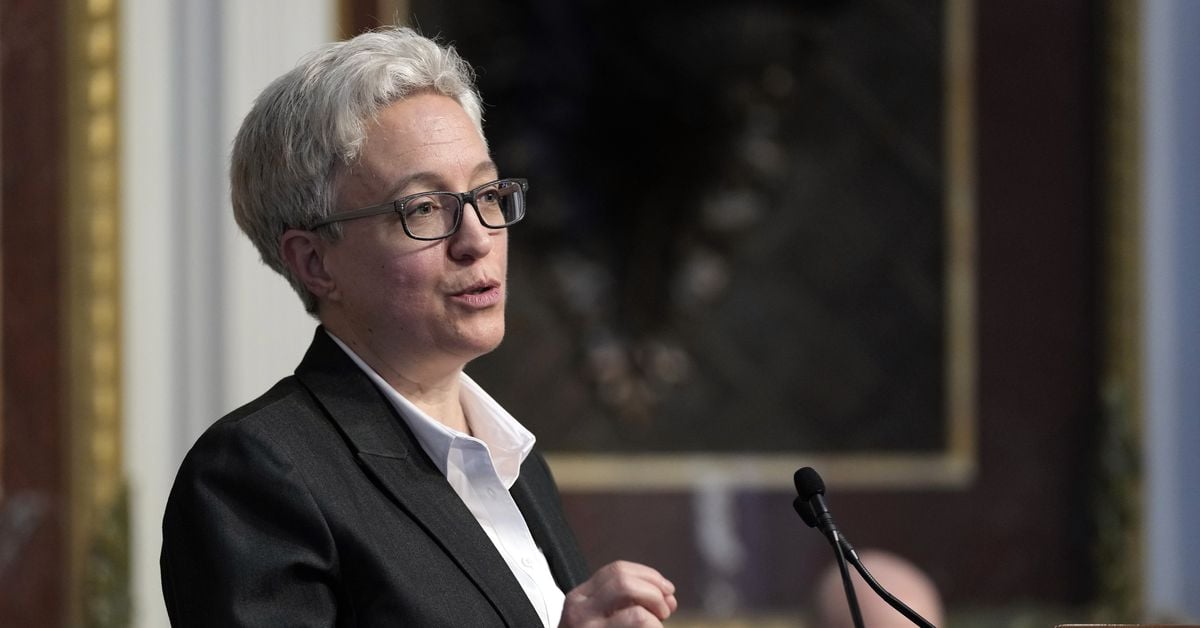- cross-posted to:
- [email protected]
- cross-posted to:
- [email protected]
Four years ago, the state decriminalized all drugs. Now it’s trying to course-correct — and might make a mistake in the process.
In 2020, it looked as though the war on drugs would begin to end in Oregon.
After Measure 110 was passed that year, Oregon became the first state in the US to decriminalize personal possession of all drugs that had been outlawed by the Controlled Substances Act in 1970, ranging from heroin and cocaine to LSD and psychedelic mushrooms. When it went into effect in early 2021, the move was celebrated by drug reform advocates who had long been calling for decriminalization in the wake of President Nixon’s failed war on drugs.
Now, amid a spike in public drug use and overdoses, Oregon is in the process of reeling back its progressive drug laws, with a new billthat aims to reinstate lighter criminal penalties for personal drug possession. And while the target is deadly drugs like fentanyl, the law would also result in banning non-clinical use of psychedelics like MDMA, DMT, or psilocybin — drugs that are unconnected to the current overdose epidemic and the public displays of drug use.



The decriminalization started pretty soon after the measure was passed. The disbursement for the fund was delay and, apparently, a mess. Building something takes time and handing buckets of money to existing facilities who have only ever run on a shoe string budget was doom to be overwhelmed.
The citations were for a maximum of $100 or complete a health assessment in 45 days by calling the addiction recovery hotline. The problem here is the citations were never alter to include the phone number to schedule an assessment.
Getting help, as I understand the prevailing sentiment of those who work in the system, is the constant signal that the system exists and won’t screw you over. When you’re ready, we are here.